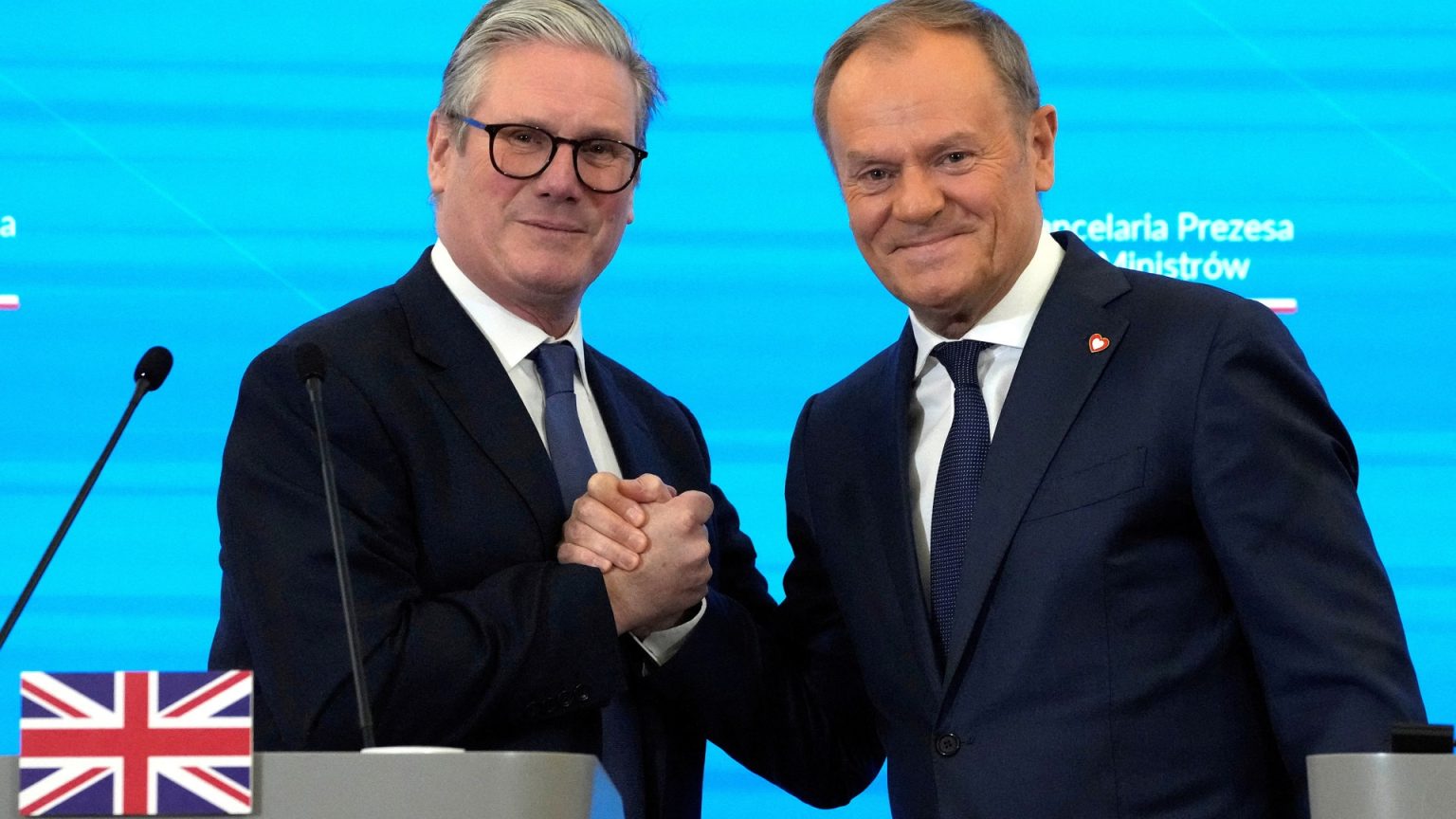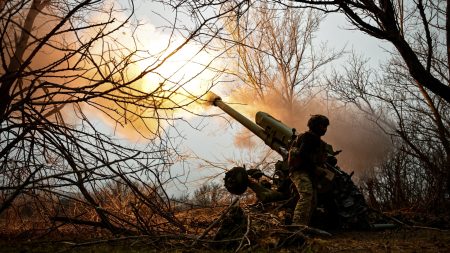Poland’s Call for ‘Breturn’ and UK-Polish Defence Pact
Former European Council President and current Polish Prime Minister Donald Tusk expressed his desire for the UK to rejoin the European Union, a sentiment he termed "Breturn," during a meeting with UK Prime Minister Keir Starmer in Warsaw. Tusk, who held the European Council presidency during the Brexit process, recounted his initial reaction to the referendum result, stating he "already missed" the UK. He emphasized that this desire isn’t merely sentimental but a genuine hope, acknowledging the political challenges involved but maintaining a degree of optimism. This backdrop underscored the broader discussions around strengthening UK-Polish relations, particularly in the realm of defence.
Starmer’s visit to Poland centered on solidifying a bilateral defence pact aimed at bolstering European security against Russian aggression, combating human trafficking and cyber threats, and countering disinformation campaigns. The pact symbolizes a deeper post-Brexit cooperation between the UK and a key NATO ally. This initiative comes amid growing concerns about regional stability and the need for enhanced collaborative defence mechanisms within Europe. While Starmer reaffirmed his commitment to NATO and denied any intention of creating a separate European army, the visit highlighted the significance of strategic partnerships in addressing shared security challenges.
The proposed defence pact includes a substantial £4 billion partnership for developing advanced air defence systems in Poland, further demonstrating the UK’s commitment to the region’s security. This investment builds upon existing defence collaborations between the two nations, totaling £8 billion in deals over the past three years. The partnership underscores the mutual recognition of the evolving security landscape and the necessity for robust defence capabilities in the face of emerging threats. A joint programme office in Bristol will oversee the implementation of this significant air defence initiative.
Beyond the defence discussions, Starmer’s visit also included a poignant trip to Auschwitz. His visit to the former Nazi concentration camp underscored the enduring importance of remembering the horrors of the Holocaust and served as a reminder of the ongoing need to combat all forms of intolerance and hatred. Starmer described the experience as "utterly harrowing," reflecting on the sheer scale of human suffering represented by the preserved artifacts and remnants of the camp. He laid a wreath in commemoration of the upcoming 80th anniversary of the camp’s liberation, a gesture symbolic of respect and remembrance.
While Starmer has consistently ruled out rejoining the EU customs union or single market, he has expressed an openness to deepening post-Brexit ties with Brussels. This nuanced approach seeks to balance the UK’s independent status with the practicalities of maintaining constructive relationships with European partners. Starmer aims to negotiate a more advantageous relationship with the EU, striving to improve trade and cooperation while respecting the outcome of the Brexit referendum. This balancing act reflects the ongoing complexities of the UK’s post-Brexit identity and its evolving relationship with the continent.
The confluence of Tusk’s "Breturn" remarks, the strengthening UK-Polish defence partnership, and Starmer’s visit to Auschwitz highlight the multifaceted nature of current UK-European relations. While a full return to the EU remains unlikely in the near term, the focus on enhanced security cooperation and the enduring emotional ties between the UK and its European neighbours underscore the ongoing complexities of navigating the post-Brexit landscape. The ongoing dialogue and evolving partnerships will continue to shape the future trajectory of these vital relationships.











